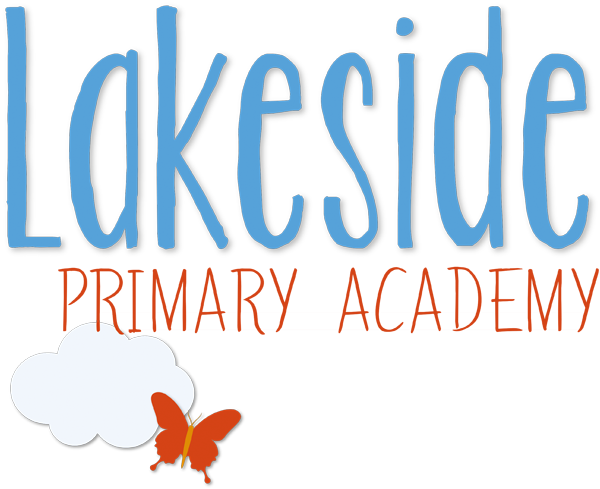It is our intent at Lakeside Primary Academy, to provide pupils with a high-quality education in English that will teach pupils to speak, read and write fluently so that they can communicate their ideas and emotions to others effectively.
Reading
With regards to Reading, phonics will be emphasised in the early teaching of reading when pupils start school, to ensure children are equipped with the right skills to become fluent readers. Pupils are encouraged to read widely across both fiction and non-fiction to develop their understanding of themselves and the world in which they live, and to develop a love of reading. Reading is taught through guided reading and whole class reading sessions to focus on the key components of reading – word reading and language comprehension. It is our intention to ensure that, by the end of their primary education, all pupils are able to read fluently, and with confidence, in any subject in their forthcoming secondary education.
* Long term planning throughout the school follows the National Curriculum and Early Learning Goals.
* Class texts are chosen that are cross curricular and age appropriate.
* All classes have a reading selection that is chosen by the children and the teacher so the reading materials are matched to their reading ability.
* Whole class reading sessions are delivered daily.
* Daily phonic sessions which includes decoding, prosody and comprehension are delivered in FS2 and Year 1.
* Children are identified across the school for ‘phonic catch up’ interventions as needing to make rapid progress.
* Online reading programmes are used across the school regularly to enhance whole class reading sessions.
* Reading journals, records and Seesaw posts will show that children read a variety of genres.
* Children will mostly make expected progress in reading.
* Children use a range of strategies to decode words.
* Reading is celebrated in a variety of ways such as through reading awards, displays, school library, book week and daily DEAR sessions
Writing
With regards to Writing, we intend for children to be able to plan, revise and evaluate their writing. Children develop a love of writing through a range of genres, and an awareness of their audience, purpose and context is important so that the writing is relevant and meaningful to them. Lessons are structured to provide high-quality modelling from staff to ensure children understand and are confident with the writing process, before having more responsibility and independence in their own writing. It is our intention to ensure that, by the end of their primary education, all children can be proud of their writing and to have had opportunities to become creative writers.
* Long term planning throughout the school follows the National Curriculum and Early Learning Goals.
* Spelling is taught according to the English National Curriculum.
* Writing is based on cross curricular topic and linked to class texts across phases.
* Writing covers a wide range of genres including narrative, discussion, information, persuasion and poetry.
* Children are given opportunities to plan, draft, write, edit and evaluate.
* Writing sessions included analysis of model texts, vocabulary generation, sentence structure and grammar sessions, teacher modelling and independent writing.
* Handwriting is taught at least weekly across the school.
* Writing is celebrated through displays in classrooms and corridors.
* Children’s writing shows evidence of variety of genres, purposes and audiences.
* Writing in books is edited through response from whole class feedback.
* Pupil voices shows children enjoy writing because of the links between reading, writing and topic.



